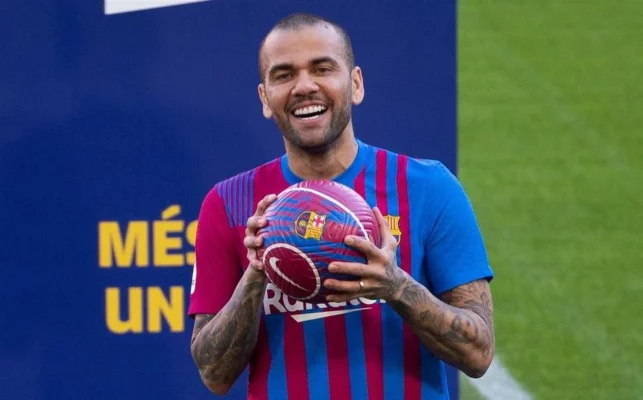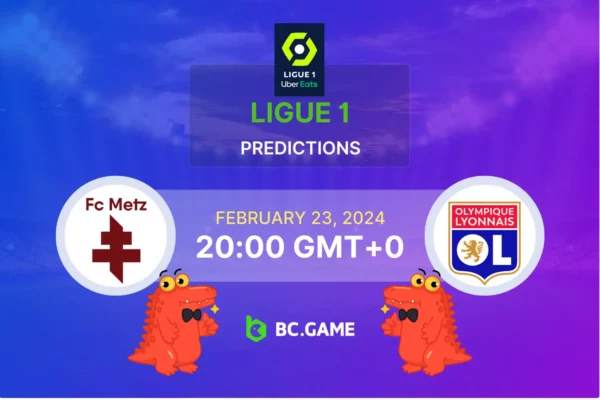
The prospect of becoming Sunderland’s 22nd manager in as many years might deter capable coaches from taking the helm at the Stadium of Light. This sentiment was metaphorically underscored when a power outage interrupted Michael Beale’s press conference at the Academy of Light, Sunderland’s training facility, shortly after his tenure began. The incident, which left the venue in darkness until Beale and reporters relocated to a sunlit atrium, seemed symbolic of the precarious position Sunderland managers find themselves in, hinting at the possibility of an imminent departure for Tony Mowbray’s successor.
Swift Managerial Shifts at Sunderland
Sunderland’s majority owner, Kyril Louis-Dreyfus, terminated Michael Beale’s contract just two months into his tenure, resulting in four victories. Mike Dodds will take over as caretaker manager, starting with the upcoming match against Swansea. Dodds, a 37-year-old coach, is known for his rapport with key players and his previous interim term saw notable victories. Beale’s departure highlights the pressure and expectations at Sunderland.
Beale’s Exit and Sunderland’s Managerial Shift
Michael Beale’s tenure at Sunderland was further complicated by his public expression of confusion over criticism from supporters, criticism he took very personally. He highlighted the team’s youth and budgetary constraints as factors that made their playoff push last spring, only a year after moving up from League One, an overachievement.
However, the comparison to his predecessor, Tony Mowbray, who managed better results with a similarly limited budget and a more appealing style of play, made Beale’s position increasingly precarious. This was especially true following a 2-1 defeat to Mowbray’s new team, Birmingham, which ultimately rendered Beale’s role unsustainable.
Opting not to return with the team after the match, Beale flew to Glasgow, leading to speculation about his future, which was confirmed with his departure on Monday. In the interim, Mike Dodds took over as caretaker manager, while Will Still, a young coach with a desire to return to England, expressed interest in the Sunderland job, highlighting his ambition to lead a Championship club.
Sunderland’s Managerial Dilemma and Infrastructure Appeal
Despite the daunting statistic of seeking their 22nd manager in 22 years—and the fifth since Kyril Louis-Dreyfus took the helm three years ago—Sunderland remains an enticing option for promising managers. This appeal is bolstered by its Premier League-caliber facilities, including the 49,000-seat Stadium of Light and the modern Academy of Light, coupled with a significant average home attendance in the Championship.
Ideally, Sunderland would attract ambitious managers eager to make their mark, similar to Graham Potter. However, the reality is challenged by the club’s approach to running as a sustainable business under billionaire owner Louis-Dreyfus, which, while prudent, might lack in execution. The club’s strategy to develop and profit from young talent requires a balance with experienced leadership on the field—a balance that has been lacking.
The recent departures of managers, including Beale, who voiced concerns over the squad’s need for a seasoned striker, underscore the tension between the club’s long-term strategy and immediate competitive needs. Despite talented players like Mason Burstow and Nazariy Rusyn, the team struggles to capitalize on their creative play, highlighting the critical need for experience and leadership in achieving both success and sustainability.
Challenges at Sunderland: Player Departures and Promotion Hopes
Sunderland’s aspirations and stability took another hit with Alex Pritchard’s departure to Birmingham last month, as his refusal to play further for the club removed a key piece of experience from the squad. This setback, combined with the continuous managerial changes, underscores the challenges faced by Kyril Louis-Dreyfus in achieving promotion. Without significant investment or a miraculous turnaround under caretaker Mike Dodds, the cycle of frequent managerial turnovers is likely to persist, reflecting the ongoing struggle to balance ambition with practical team management and performance.







